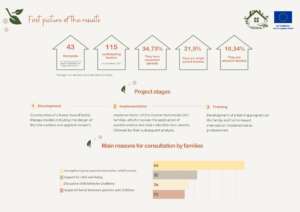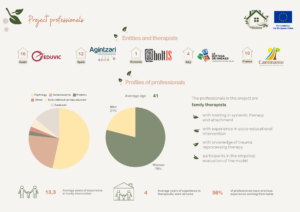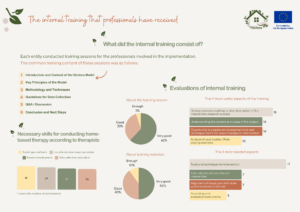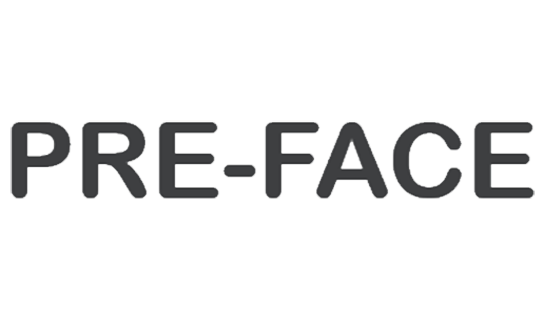We share the first results report of the Hedera project, which offers an initial view of the participating families, the project’s stages, the start of model implementation, and the profile and training of the professionals making Hedera a reality. Although the results of Hedera are preliminary, the data reflects positive progress and a promising start for this intervention model.
First snapshot of the results of the Hedera project
By December 2024, the Hedera project will have 43 therapists and 115 participating families. Of these, 34.73% have separated parents, 21.5% are single-parent families, and 10.34% are adoptive families.
The project follows three main stages:
- Development of the intervention model and research design.
- Implementation with families, using questionnaires and analysis tools. We are currently in this stage.
- Training for professionals.
Among the reasons for consultation from families are strengthening parental and maternal functions, supporting child well-being, and managing children’s behavioral issues.
Professional profile of the Hedera project team
The project team is composed of professionals from entities in Spain, France, Italy, and Romania. 79% are women, with an average age of 41 years, and the majority of the team comes from the field of psychology, followed by social education and social work.
The professionals involved are all family therapists with training in systemic therapy and attachment, with experience in social-educational intervention and trauma treatment. Additionally, 56% already had experience in home-based therapeutic work before the project started.
Internal training: the basis for effective implementation
Each entity involved in Hedera has held training sessions for the professionals involved in the implementation of the model. These sessions addressed key aspects such as an introduction to the Hedera model, its principles, the techniques and methodologies used, and data collection.
Preliminary evaluations indicate that the training was positively received by participants. 62% of respondents rated the session as “very good” and 50% considered the training materials as “very good”. The most valued aspects included the clarity of the intervention process description, the understanding of the project context, and the opportunity to reinforce home-based therapeutic intervention tools.
Regarding the skills needed to conduct home therapy, the results show that professionals highlighted the importance of techniques and tools, the use of assessment instruments, and session development.
Conclusion
This first results report of Hedera provides an initial view of the progress in training and the implementation of the home-based family intervention model. While it is still early to make definitive claims, the preliminary data reflects a positive reception from both the professional team and the participating families, suggesting a promising development of this intervention model as the project progresses.
Follow us on our social networks!
Instagram: https://www.instagram.com/hedera.erasmus/











